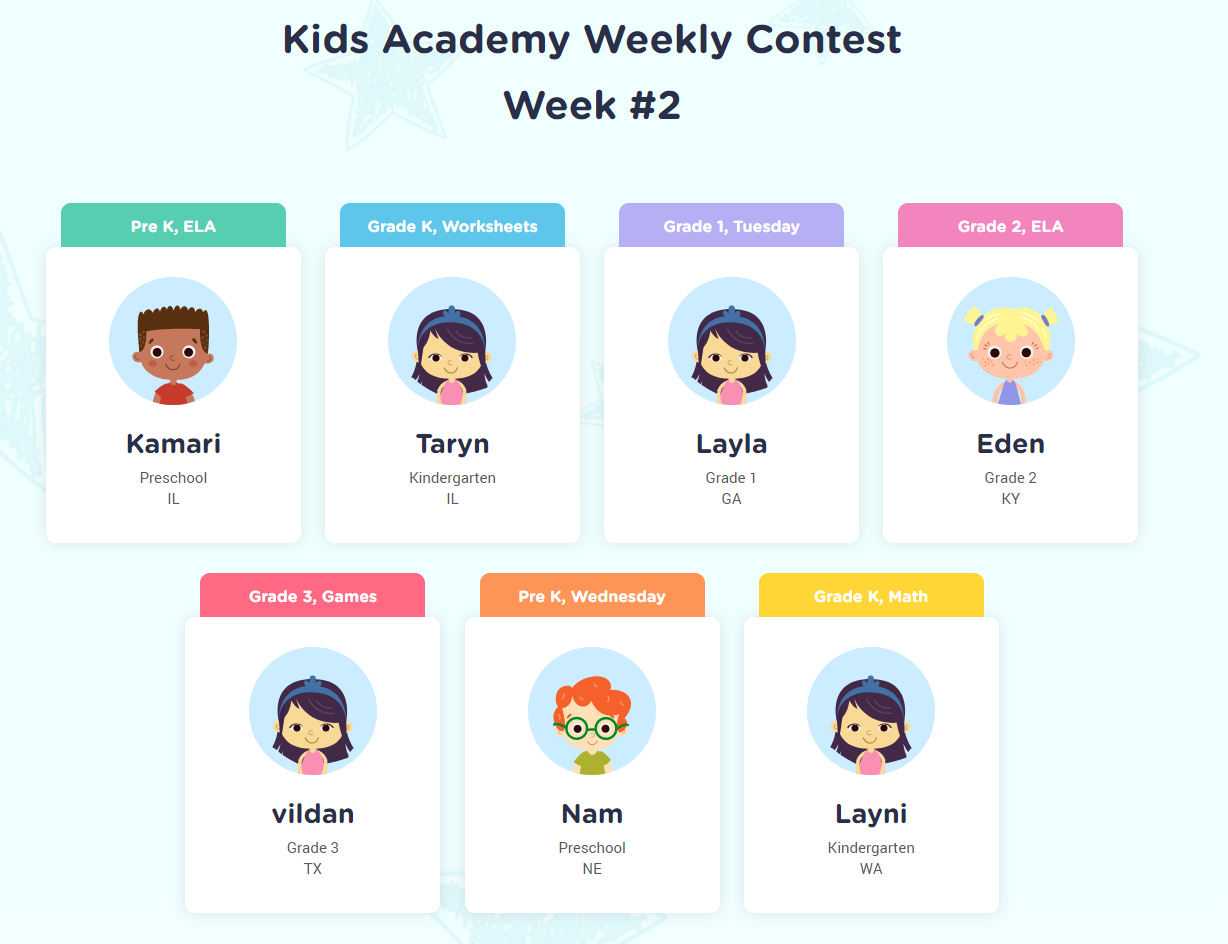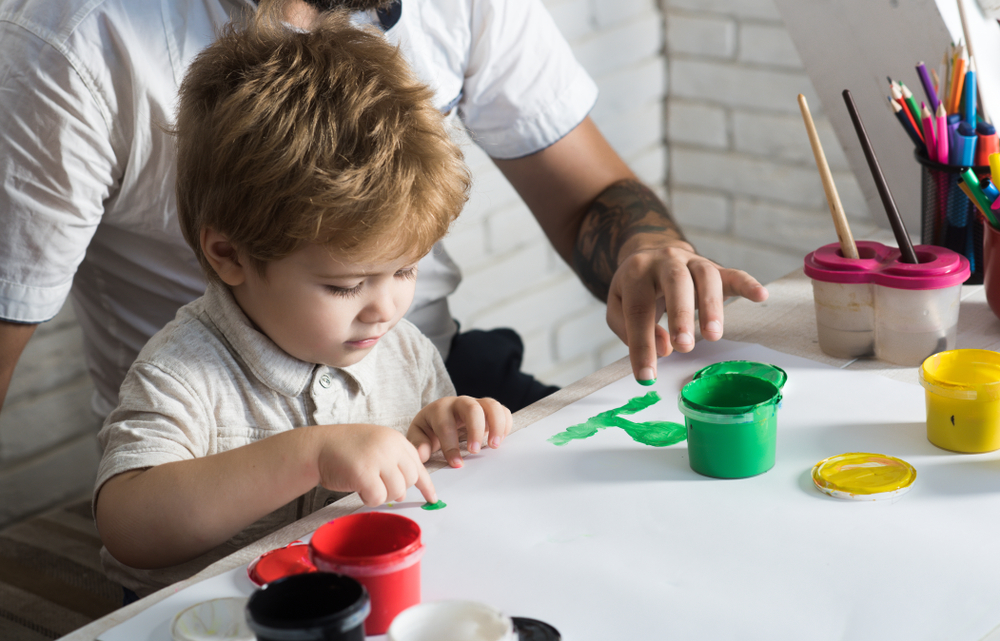Comparative skills Math Worksheets for Ages 5-9
3 filtered results
-
From - To
Unlock the world of numbers and enhance your child’s learning experience with our Comparative Skills Math Worksheets for Ages 5-9. Designed specifically for young learners, these engaging worksheets focus on comparing quantities, numbers, and sizes, building essential math foundations. Each activity is crafted to ignite curiosity and encourage critical thinking, all while keeping learning fun! Whether your child is sorting objects or comparing groups, our diverse range of exercises will help develop their understanding of comparative terms like “greater than” and “less than.” Ideal for home or classroom use, these worksheets will pave the way for confident math skills in your little one!
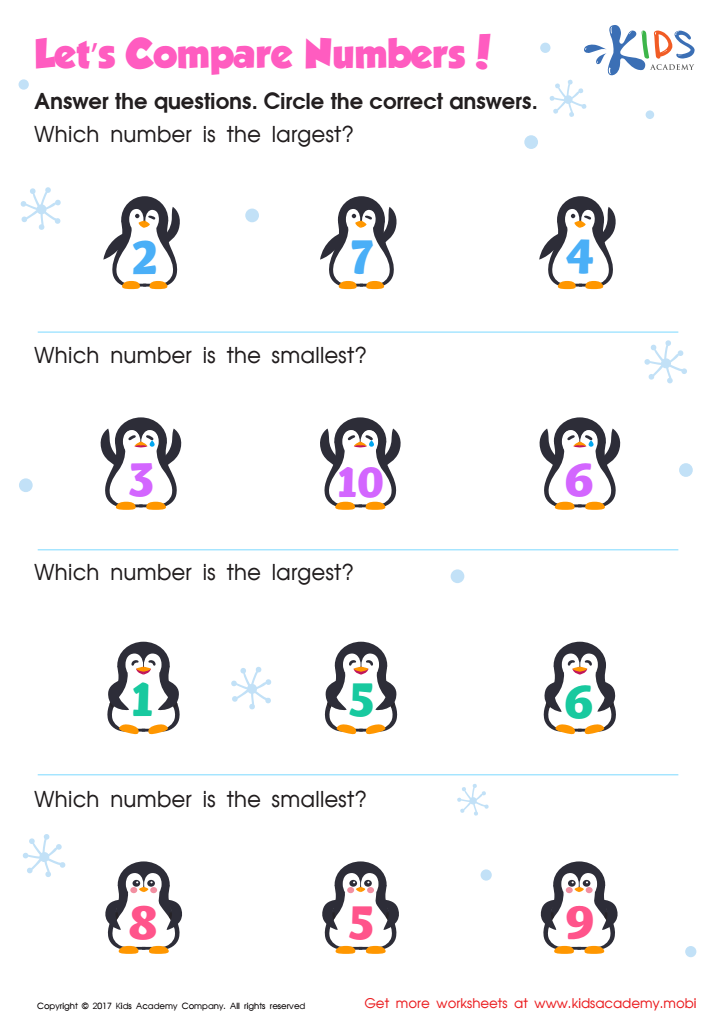

Comparing Numbers 1–10 Worksheet Kindergarten
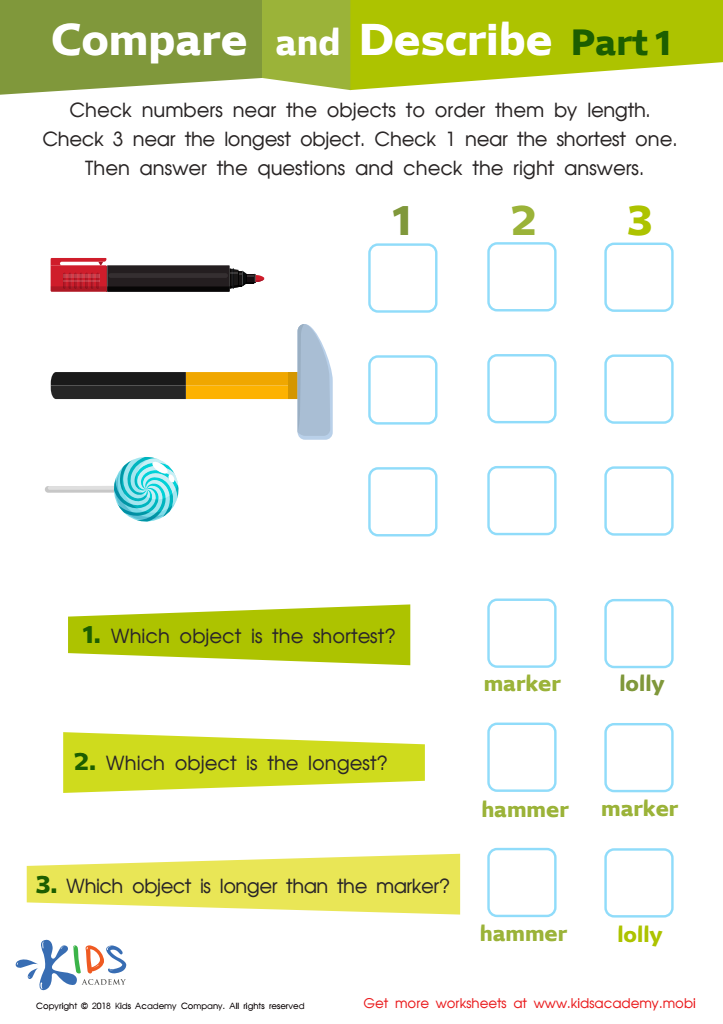

Compare and Describe: Part 1 Worksheet
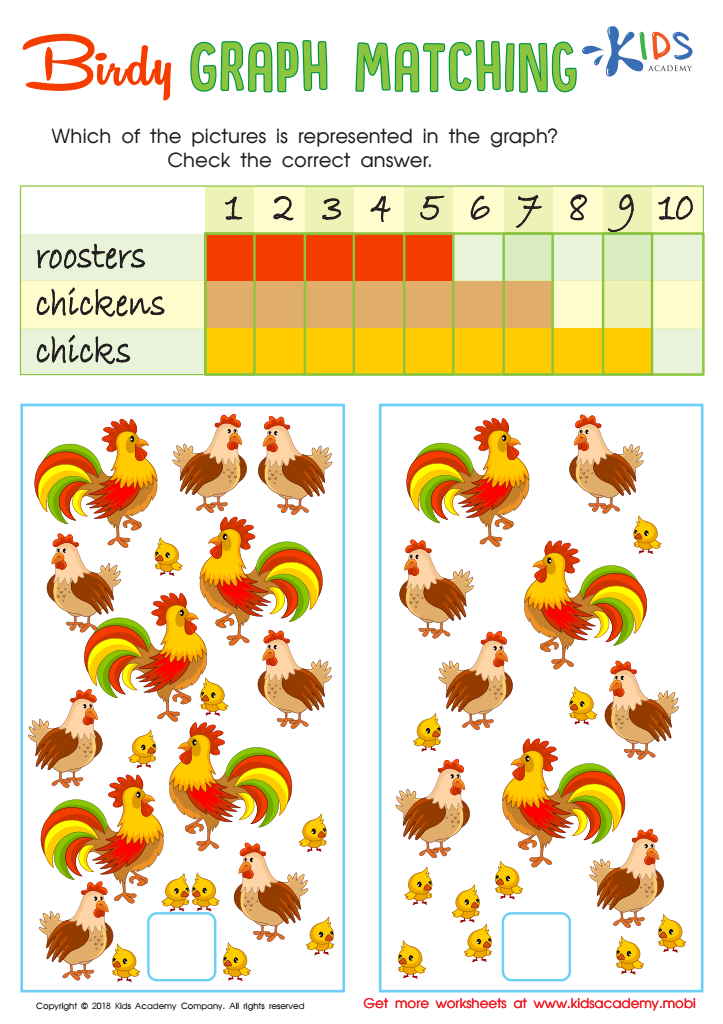

Birdy Graph Matching Worksheet
Comparative skills in math are crucial for children aged 5-9 as they serve as the foundation for their understanding of numerical relationships and critical thinking. During this developmental stage, children begin to grasp concepts such as "more than," "less than," and "equal to." These skills enhance their ability to compare quantities, which is essential for future mathematical concepts like addition, subtraction, and even basic algebra.
By encouraging comparative skills, parents and teachers are fostering analytical thinking, which extends beyond mathematics. Children learn to evaluate situations, make informed decisions, and solve problems in everyday life. Early mastery of these concepts can also boost confidence, as students feel more competent when engaged in math-related activities.
Moreover, comparative skills support cognitive development in areas such as language and reasoning. For example, conversations about larger vs. smaller quantities or heavier vs. lighter objects in math activities hone vocabulary and logical expression.
Investing time in building comparative skills not only enhances a child’s mathematical understanding but also helps develop foundational skills critical for academic success and everyday problem-solving. Parents and teachers play a vital role in nurturing these skills through engaging activities and discussions, ultimately paving the way for a lifelong appreciation of mathematics.
 Assign to My Students
Assign to My Students






